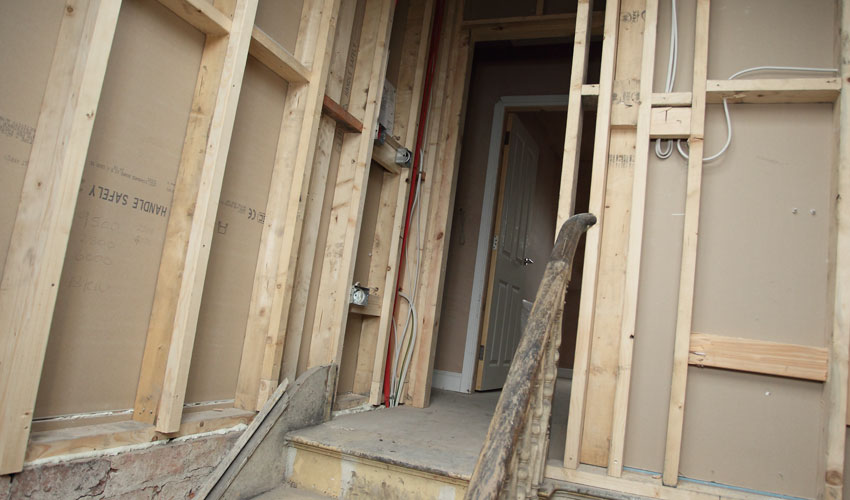
Latest figures released by NHS England show that NHS East Riding of Yorkshire Clinical Commissioning Group has significantly improved dementia diagnosis rates throughout 2014/15
The national Dementia Prevalence Calculator demonstrates that the CCG’s current diagnosis rate at the end of March 2015 is 55.5% increasing from 41.3% in 2013/14. This increase has happened more quickly than the England average and has improved the CCG’s ranking from 201 to 172.
Over the past 12 months the CCG has implemented a number of initiatives not only with the aim of meeting the national target but to ensure the early diagnosis of dementia for the people of the East Riding of Yorkshire to improve care planning and support available. These initiatives include:
• Delivery of a series of workshops and education sessions with GPs and primary care health professionals to increase their knowledge and understanding of dementia and enable them to conduct assessment and diagnosis
• Delivery of Dementia Friends sessions to Governing Body members and staff to improve awareness and highlight the small things people can do to make a difference to those living with dementia
• Working with the Alzheimer’s Society to introduce dementia advisors into 4 GP Practices (Bridlington, Brough, Hedon and Market Weighton) to provide information, help and support to dementia diagnosed patients and their families
• Implementing a Mild Cognitive Impairment (MCI) Assessment and review scheme to promote and enable the early identification and referral of dementia
• Introducing a dementia diagnosis of care scheme that 34 practices have signed up to support practices in carrying out timely reviews of their dementia registers
Dr Andrew Noble, GP at Brough and South Cave Medical Centre and Clinical Lead for dementia for East Riding of Yorkshire Clinical Commissioning Group commented:
“It is very reassuring to see East Riding of Yorkshire Clinical Commissioning Group significantly improving dementia diagnosis rates.
“We have worked very hard to ensure early diagnosis of people with dementia is a key priority because it is still common for a person to live with the condition and never be given a formal diagnosis.
“An early diagnosis of dementia is hugely important. It opens a lot of doors, giving people access to support services and treatments that could help to relieve their symptoms and give them time to plan for their future. It also provides a greater understanding of their condition and what is happening to them which is vital to improving their lives and those of their carers.”












